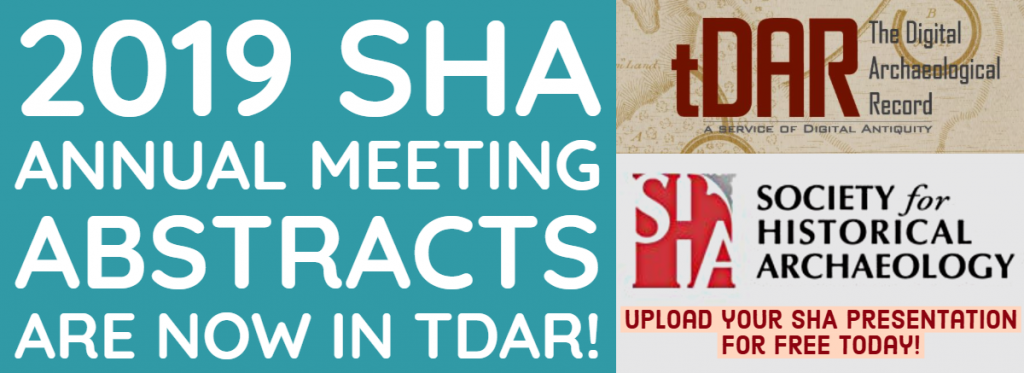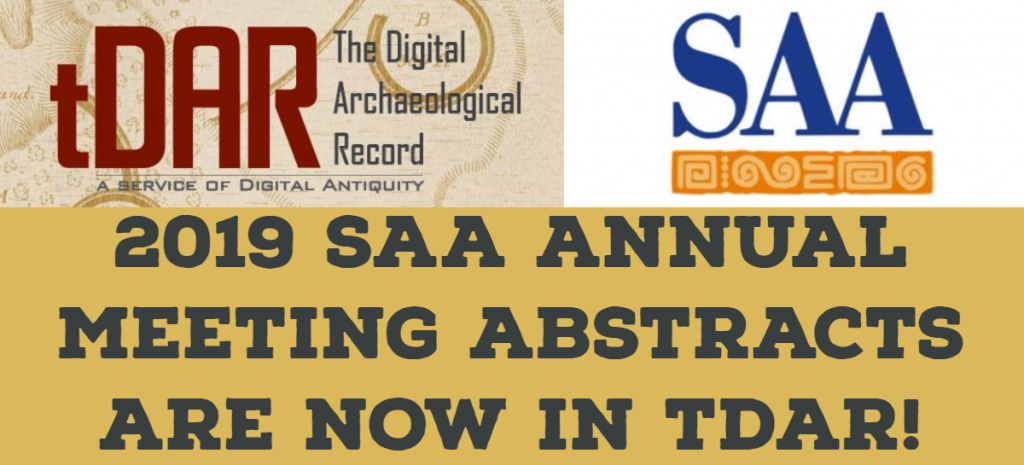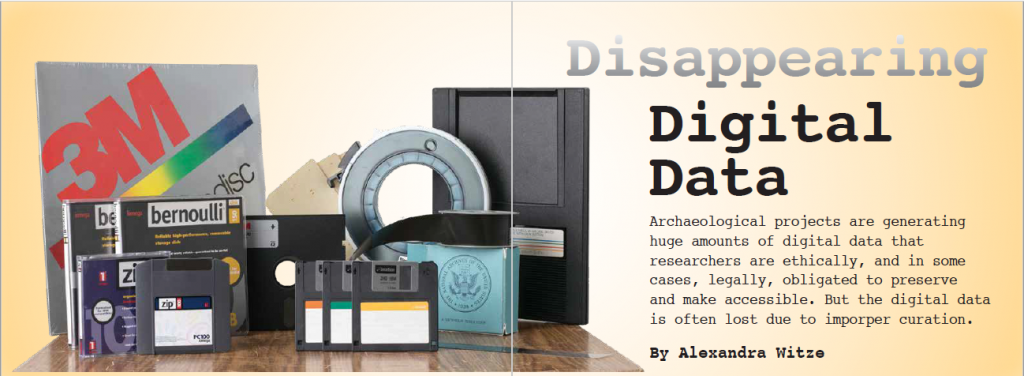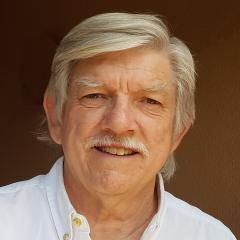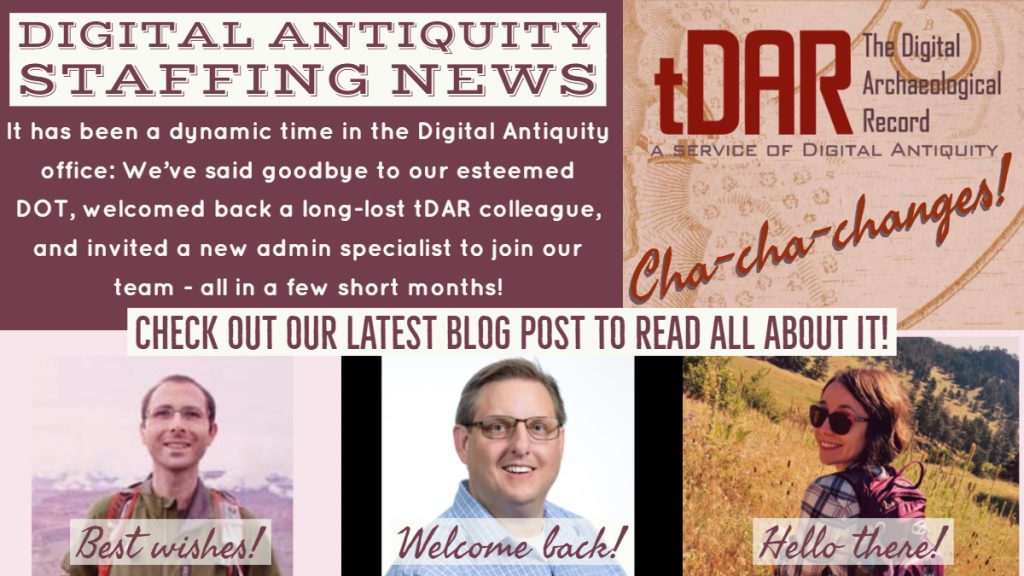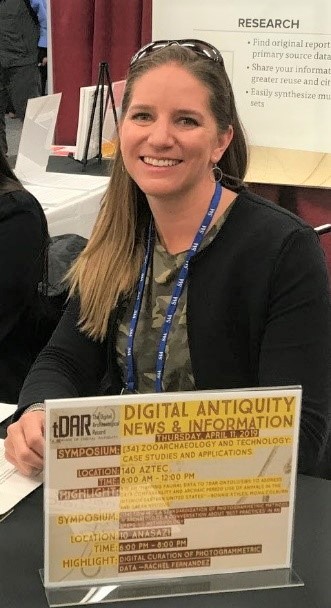
Congratulations to Leigh Anne Ellison on her recent promotion to Assistant Director of the Center for Digital Antiquity! Leigh Anne joined the staff in 2012 as Sales and Marketing Coordinator, and was promoted to Program Manager in 2017. She has extensive professional experience including work as a Project Director for archaeological fieldwork in Mexico and Honduras, where she studied social variability among commoners. She also has considerable field experience in the US, working as a Field Archaeologist on various projects throughout Hawaii, Arizona, and Colorado. Leigh Anne holds a Master’s degree in Anthropology from Northern Arizona University and a bachelor’s degree in Anthropology and Art History from Wellesley College. A frequent presenter at archaeology conferences and workshops, Leigh Anne advocates globally for Digital Antiquity and the use of tDAR for the long-term preservation of, and access to, archaeological data. She will continue to serve as the primary point-of-contact for Digital Antiquity’s clients, users, and customers.
